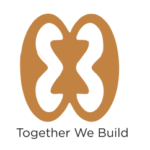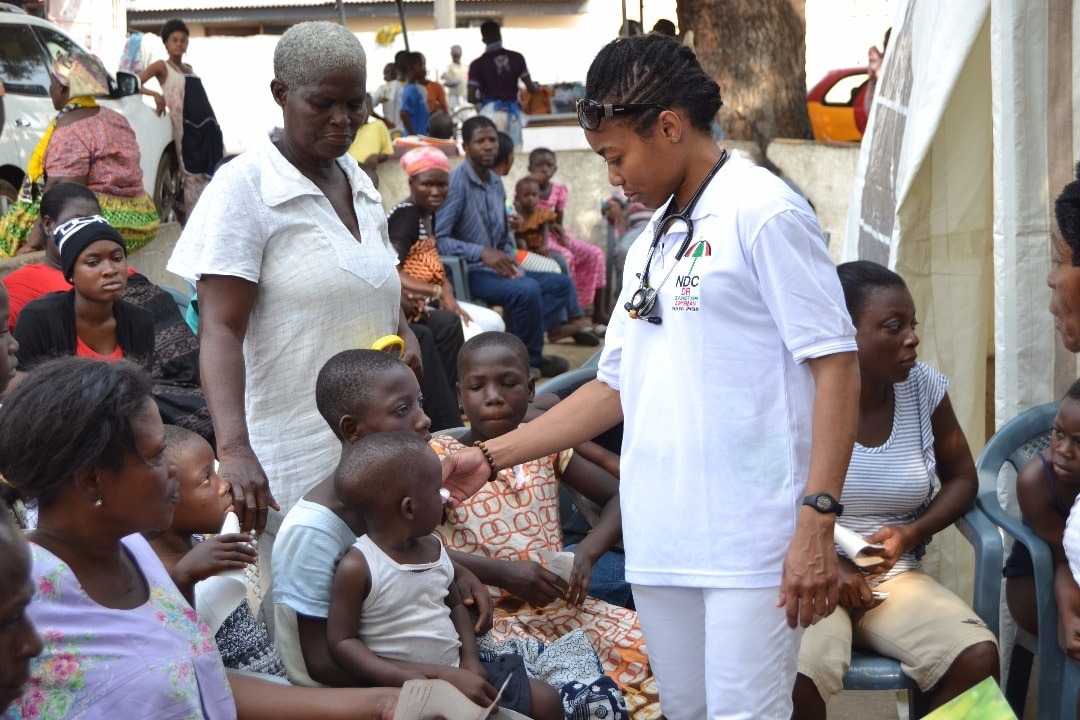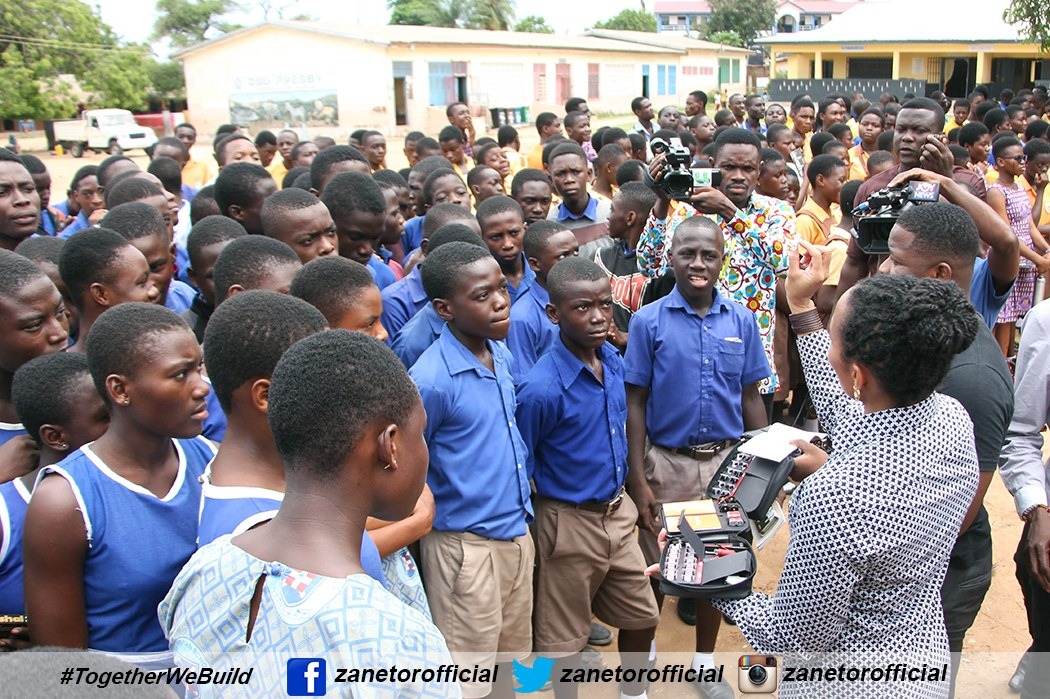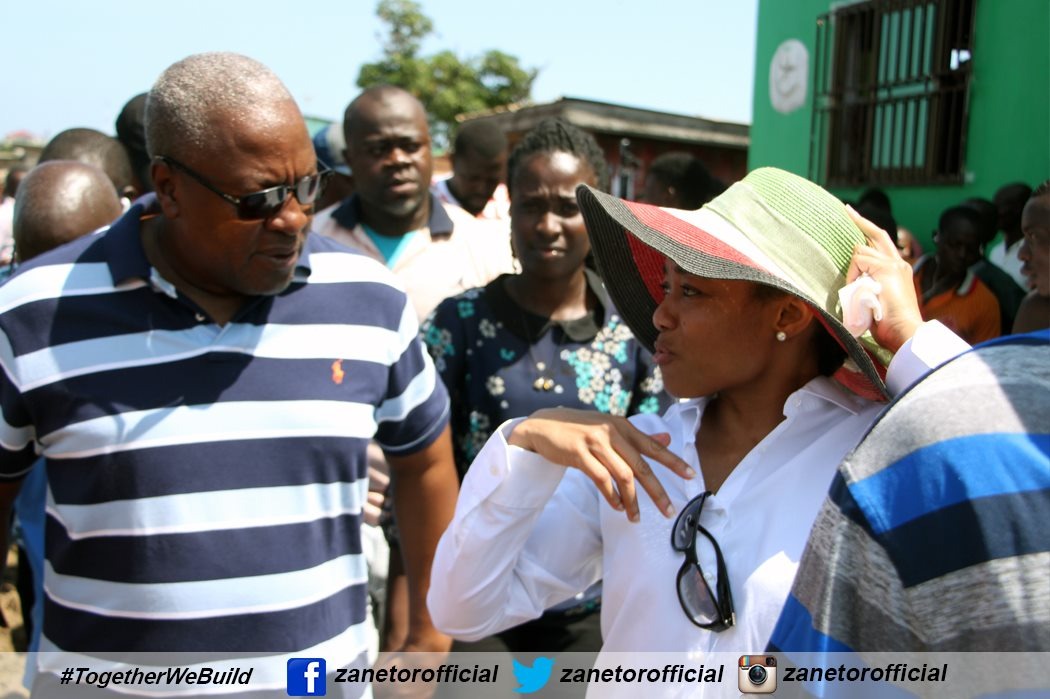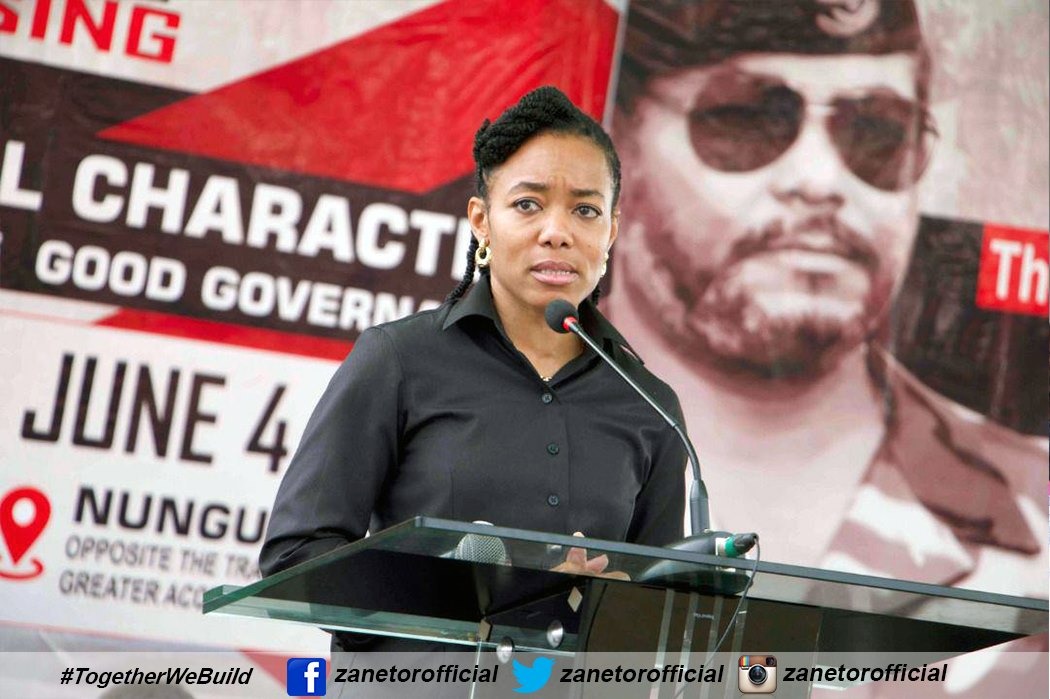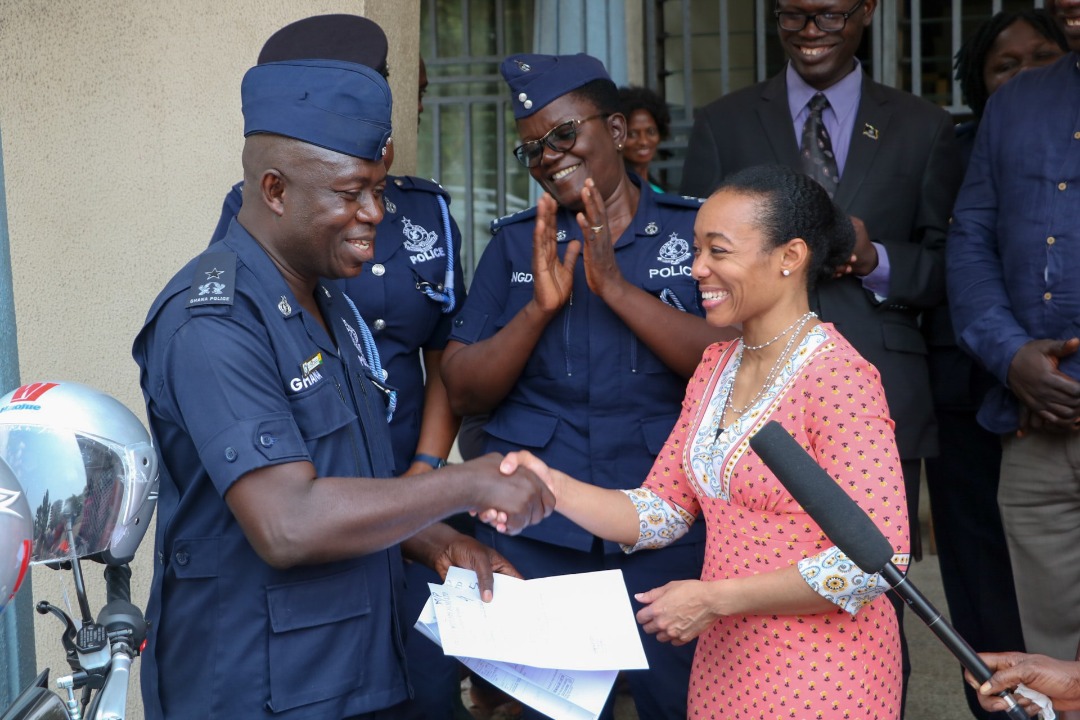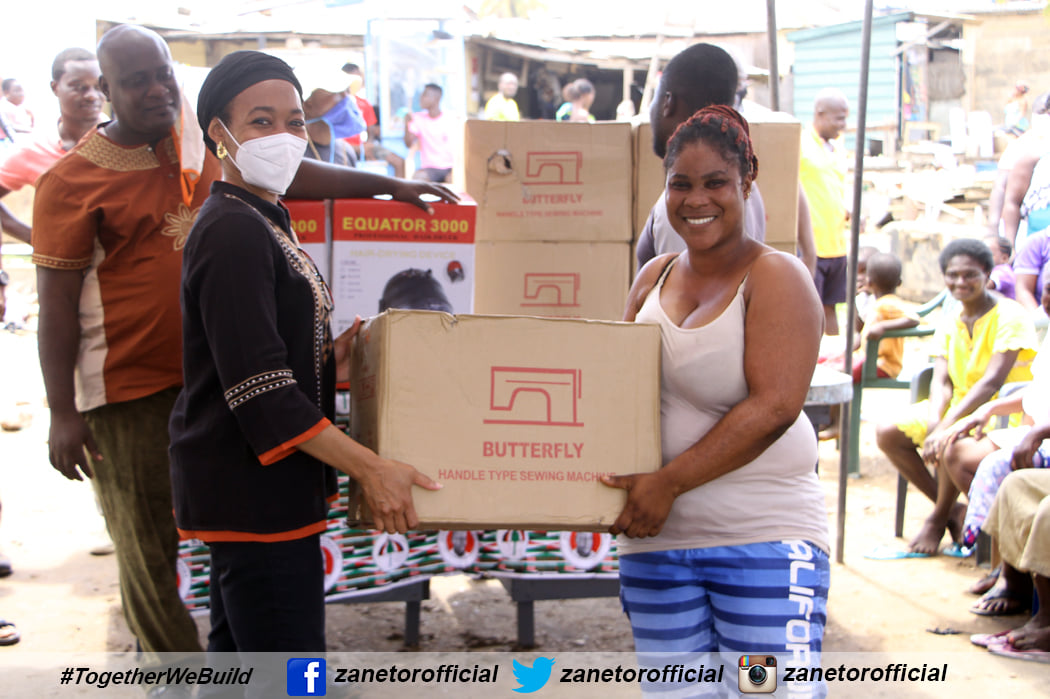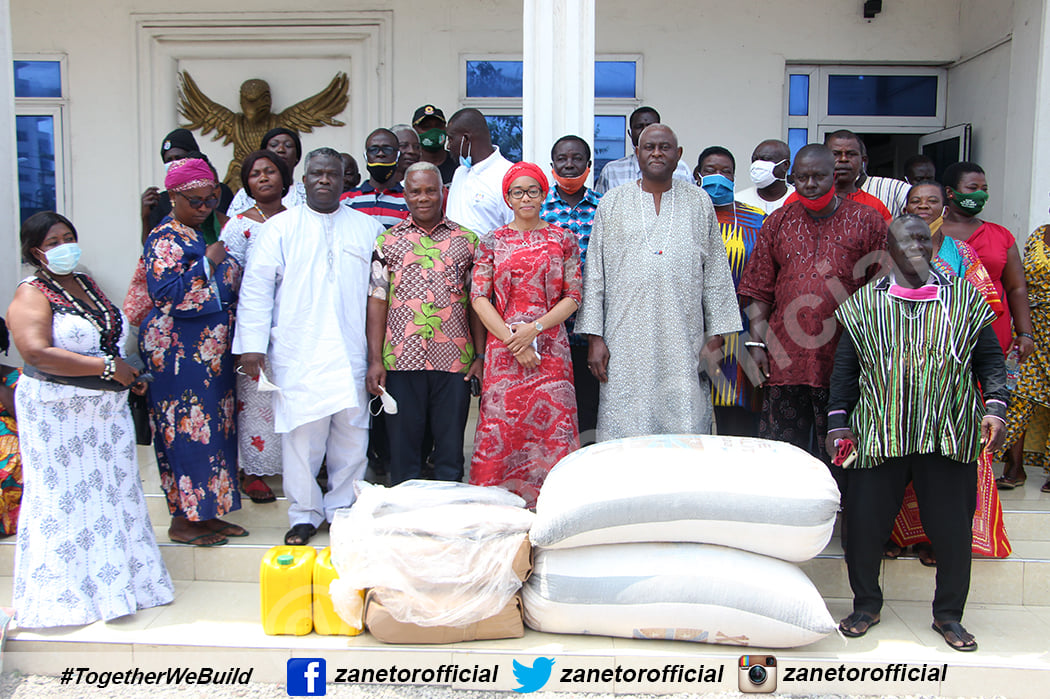Presentation On Peacebuilding And Security
It’s a difficult topic to cover because there’s the individual aspect of this concept of peacebuilding and security…then there’s the collective aspect of it as well. I will attempt to do a brief overview just by going through these slides over here.
When you look at the map Africa is usually in the centre of it which means relative to the rest of the map Africa appears to be smaller. Its just an illusion. We are always told Africa is overpopulated. When you see the comparison then you know that you are sitting on a goldmine of resource. The most precious resource on our continent is you. Interesting enough the closest land size in terms of European country to us is the UK but they are but they are bigger that we are slightly 243,619sq km with a population of 67 million plus. That’s twice the population of Ghana.
Compared land sizes and populations to Europe and Asia. The perception that we are overpopulated is simply a case of rural-urban drift that is created as a result of a disproportionate distribution of resources, lack of access to opportunities, to the necessary services and so what happens? Everyone who aspires to achieve something in their lives ends up moving into the urban centres and there are limited number of urban centres so when you have people who are giving us the data and the fact that the population explosion or the demographic dividend is our biggest threat, it is our biggest opportunity and it is a strength. Let us not take the data out of contest and start to believe that Africa so bad off. We have an opportunity to change it but it’s about your awareness, your consciousness. Its about what you are willing to do as a group. You are the majority.
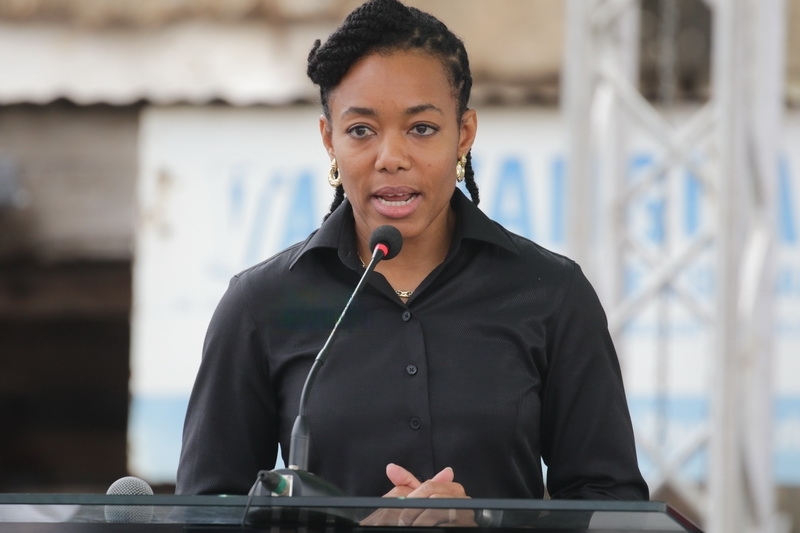
In Ghana we have 275 seats, environment goes in you fight on a not so even keel. Forty women in Parliament, 20 o either side, 137 on NPP, 137 on NDC, one Independent
In other countries that we more or less think we are better than, as Ghana being the flagship of democracy, they have reserved seats for women, they have reserved seats for youth and they have reserved seats for persons with disability and we are still bragging at what we have achieved as a country. When you achieve and you can’t do better, you just end up falling into a sense of complacency or others start to do better than you. People are happy to look at Rwanda and say that there have so many women in there. Context, they had a genocide, there was a loss of trust and a lot of the men. A lot of the women were left to actually look things because a lot of people were killed. It shifted the way things were in the whole legislature in Rwanda. So when we are looking at all these countries everything is about context.
Radicalization is the reason is the reason we are having this conversation because the main targets of radicalization are the youth. The youth are the most disenfranchised in so many ways, so many opportunities are not being given to you, a lot of the people who are still at the helm of affairs were your age when they were at the helm of affairs back then. We are talking about intergenerational solidarity. As far as I am concerned this is Sankofa because traditionally, culturally, the young people, rites of passage for young boys and girls. It was the elders who helped them go through that, to become men, to become women who understood the context of their communities or their culture. Mothers had babies, the elderly women the elderly women in the community will be there to help her, look after the child, raise the child, teach her how to look after herself. That was there already, intergenerational. Stories of various communities being shared by the elders to the children. That’s how we learn about who we are.
There is a disconnect in our educational system and our rites of passage so the rites of passage are not happening anymore.
Where we have the young people being ushered into the understanding who they are as a people, who they are as individuals, as citizens in their various communities. So you have all the school happening, children are spending hours and hours in school, years and years in university and coming out as unemployed, employable graduates. That is the problem.
There is a mismatch between the courses being offered at the university and the job market. You go there, you want to do agric they say there is no spot for agric go and do philosophy. What are you going to use it for? There is nothing about guesswork in nation building in development. we have a national development planning commission, we have the Ghana Statistical Service, we had the census that was done last year. We know how many young people there are, we know the breakdown of their ages, we know how many medical schools there are, we know what the doctor-patient ration should be. We don’t have to invent the wheel. There are international standards. We know what the teacher-student ratio should be so that we can make sure we are delivering on optimum health care, optimal education. We know all of this. Why is it not translating into the quota for people going into the tertiary institutions? So that at the end of it, you know that in five years time you’re going to have x number of doctors coming out because we can position them here here and here…we have. We have x number of teachers because we need qualified teachers. The most important person. The most important person in a country when it comes to teaching or leading your people is your teachers. Don’t fail and think you can go and become a teacher to my child. No! The Teacher sets the foundation. The teacher sets your conscience right and the kind of citizen you become.
And if we are no longer doing the dipo rights etc and we’re making our children spend all their time in school, there must be a connect. There must be something that is making up for the cultural orientation that exists in our schooling, our education. If that is strong no one can radicalize you because you have no ambiguity about who you are as a citizen of your country. There’s a problem and yes it’s true. It comes from the governance system that we’ve put in place and it isn’t the institutions, it is the people because we have every policy, we have every law, we have every regulation and everything is in place. Ghana has a national security strategy – did you know that? Yes, we have one. It’s available online, please look it up, read it. Ghana has a national framework for preventing and countering violent extremism and terrorism. Did you know that? It exists. These documents you are looking at are documents that were looked at that were put together by people from different political backgrounds, different ideologies, different orientations, different religions because it needed to be something that was all inclusive so that another government doesn’t come and say this is not ours we are it. It must stand the test of time. It must be a living document that can be improved upon. But you know one thing, one of the biggest things in both is the youth which means like Prof Annin said, it’s an existential threat. If we are not seeing issues concerning the youth as urgent as important as crucial to our survival as a nation then we are really on the wrong track. You are everything.
There are different definitions for terrorism and it’s difficult to capture it because in some places what is being as terrorist is being viewed as the person who is providing water to somebody’s community because the government is not providing it. There is a break between the government and the provision of services to a community. Some so called terrorist group has caused a lot of damage, however that community they are providing pipe borne water, in that community they are providing clinics. Do you think that community will see them as terrorists? That is the problem we are faced with. These are the complexities that arise when you are struggling to define issues like terrorism or violent extremism or radicalization. As long as things are not the way they should be there will always be the tendency for radicalization to occur because the essence behind that is to seek to change the status quo. So if we say we have free and fair elections and in between those free and fair elections you don’t an opportunity to get into a particular job because you don’t hold a particular party card, what is the point of a free and fair election? If you are looking for redress in a court and you cannot get it because you don’t know somebody what is the point of free and fair elections? If you’ve gone to school, you been told that if you work hard and you graduate you will get a job and you come out and there is no job to be gotten and even the ones that you are trying to get there is a bit of favouritism there and its not based on capacity, what does it matter that your elections are free and fair? It’s not enough. Elections being free and fair is an incident more or less. There has to be that continual process of what happens in between elections so that people understand that doing something at the ballot box means something for their lives over the next couple of years.
| M | T | W | T | F | S | S |
|---|---|---|---|---|---|---|
| 1 | 2 | 3 | 4 | 5 | 6 | 7 |
| 8 | 9 | 10 | 11 | 12 | 13 | 14 |
| 15 | 16 | 17 | 18 | 19 | 20 | 21 |
| 22 | 23 | 24 | 25 | 26 | 27 | 28 |
| 29 | 30 | 31 | ||||
